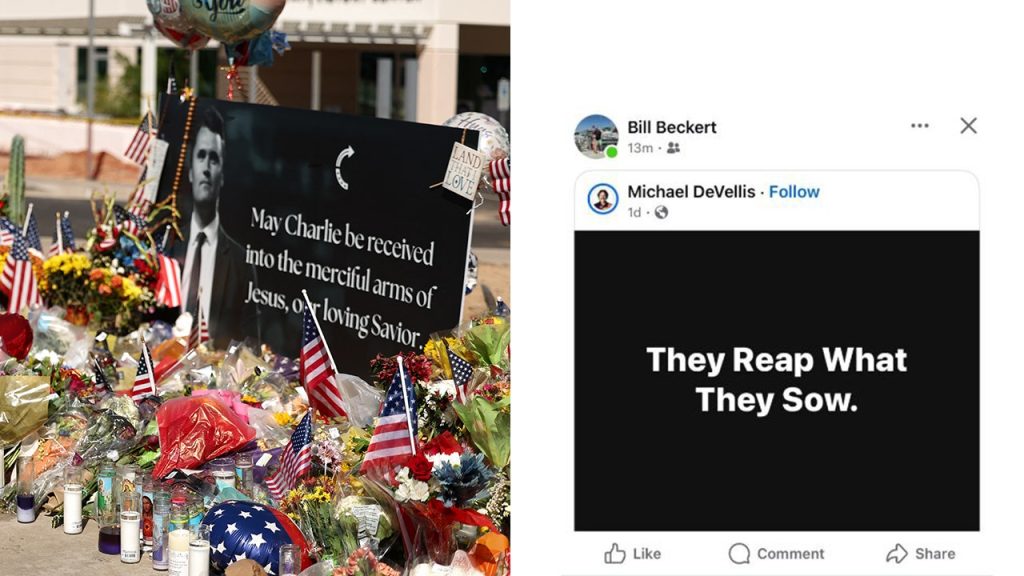Connecticut GOP Accuses Democratic Education Official of Insensitive Reaction to Charlie Kirk Shooting
In a concerning development that highlights the increasingly polarized nature of American political discourse, the Connecticut Republican Party has publicly condemned what they describe as a “chilling reaction” from a Democratic education official regarding the shooting of Turning Point USA founder Charlie Kirk. The controversy centers around social media activity attributed to Farmington Board of Education Chairman Bill Beckert, who allegedly reposted a comment stating “They Reap What They Sow” in relation to the incident.
Connecticut GOP Chairman Ben Proto expressed dismay at Beckert’s alleged response, emphasizing that as an education official responsible for children’s development, such a reaction fails to demonstrate the restraint and basic decency expected from someone in his position. Proto characterized the response as celebrating violence against “a young husband and father of two, whose only ‘crime’ was having an opinion,” calling it a “grotesque” betrayal of fundamental values that educators and public servants should uphold. The Republican chairman defended Kirk’s beliefs as being “grounded in faith and love of country,” noting that Kirk himself “never called for violence” despite his controversial political positions.
The controversy extends beyond mere criticism of Beckert’s alleged remarks, with Proto suggesting that the education official’s words could be interpreted as “an endorsement of political violence.” This raises profound questions for the Farmington community about appropriate leadership and the values being modeled for students. “Farmington deserves leadership that teaches students to win arguments with ballots, not bullets,” Proto declared, implying that Beckert’s apparent reaction undermines democratic principles and presents students with a troubling example of how to respond to political differences.
This incident in Connecticut is not isolated, as similar controversies have emerged elsewhere. In Florida, a teacher was reportedly suspended after allegedly sharing a social media post expressing that Kirk’s shooting, while not a death, was “a close second” to the obituary they had hoped to see. Such incidents have prompted Florida Education Commissioner Anastasios Kamoutsas to announce that the state’s Department of Education would investigate any teachers engaging in what he termed “vile, sanctionable behavior” related to Kirk’s shooting, signaling that educational institutions are increasingly becoming battlegrounds in America’s cultural and political divisions.
The controversy highlights a troubling trend in American political discourse, where differences of opinion sometimes elicit reactions that appear to celebrate or justify violence against political opponents. Such responses not only undermine the principles of civil debate and democratic engagement but can also contribute to a climate where political violence becomes increasingly normalized. When education officials—who are charged with teaching young people about citizenship, respect, and constructive dialogue—appear to endorse or celebrate violence against those with differing viewpoints, it raises significant concerns about the values being transmitted to the next generation.
As communities like Farmington grapple with these incidents, they face difficult conversations about the example being set for students and the kind of political discourse they wish to foster. The tension between passionate political disagreement and maintaining basic civility represents one of the central challenges in contemporary American democracy. Whether in Connecticut, Florida, or elsewhere, the response to incidents like the shooting of Charlie Kirk reveals deep divisions not just about politics, but about fundamental questions of how Americans should treat one another across political divides, and what lessons educational institutions should be imparting to young citizens about resolving differences in a democratic society.














